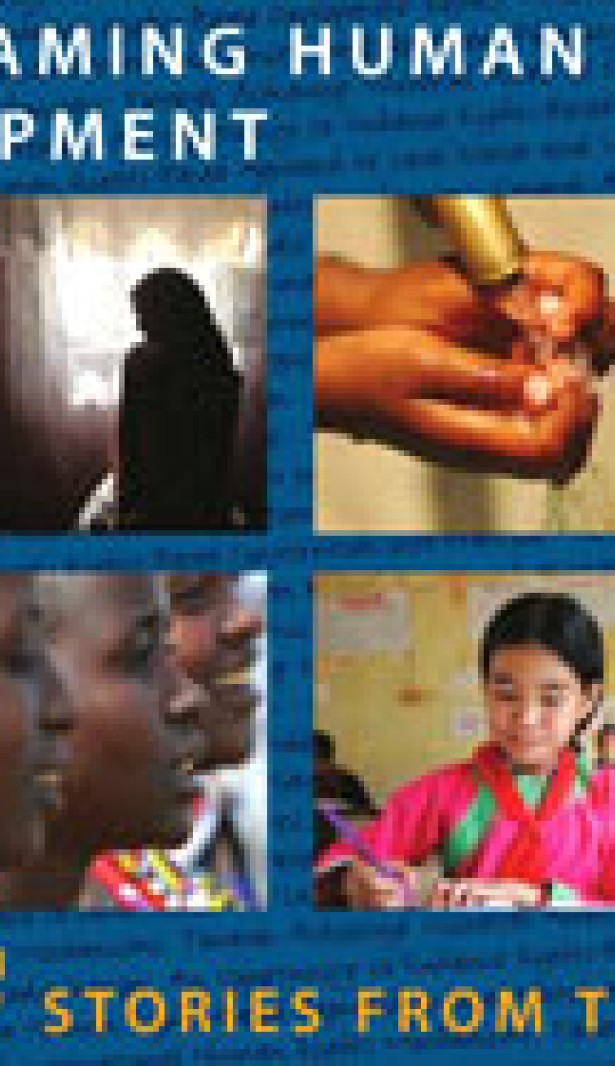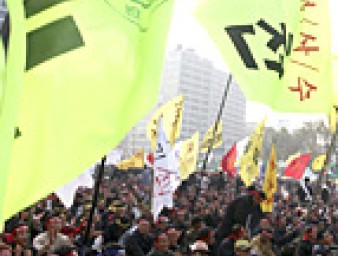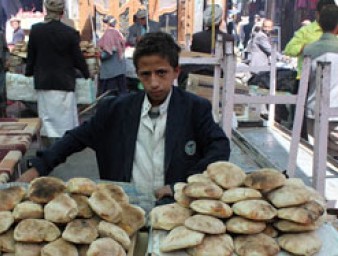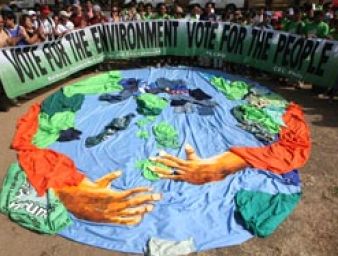Human rights at the centre of development
12 November 2013
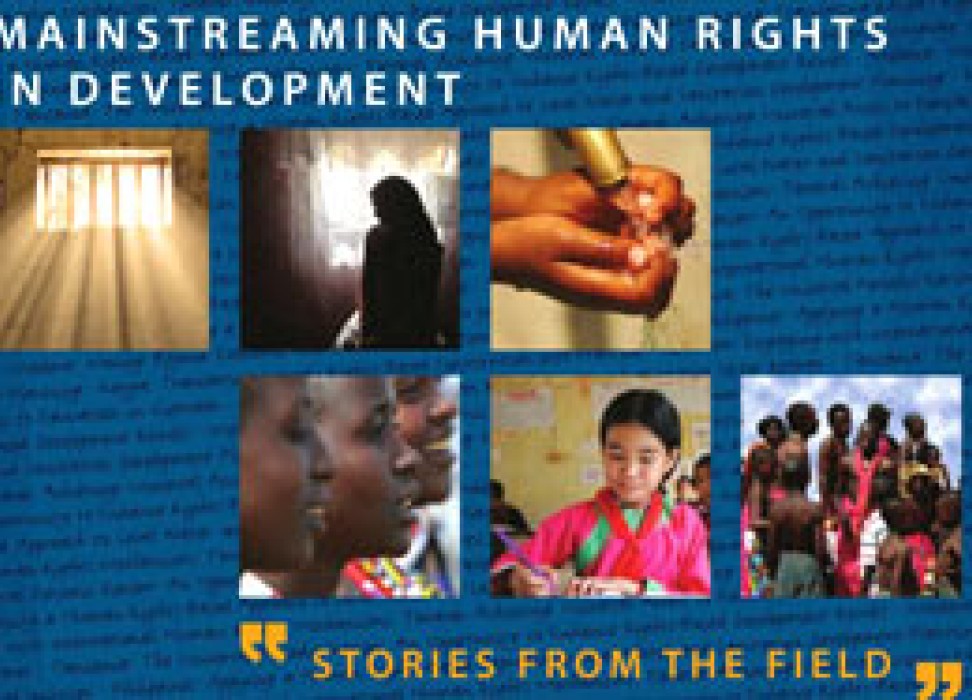
The central mission of the United Nations is the achievement of “freedom from fear and freedom from want for all without discrimination.” In the joint foreword to a new publication which identifies examples of inter-agency cooperation to achieve complex human rights goals, the Chair of the United Nations Development Group (UNDG), Helen Clarke and United Nations High Commissioner for Human Rights, Navi Pillay confirm that human rights principles have become part of the core work of the United Nations development system.
“Mainstreaming Human Rights in Development: “Stories from the field” describes how human rights principles and mechanisms have been incorporated successfully into national development processes drawing on the convening power of the UN, its normative role and its impartiality. The publication explains the work of six UN country teams, made up of many different agencies, that has yielded positive results in such diverse areas as prison reform, addressing discrimination, and integrating human rights in local water and sanitation development planning.
The poor conditions and overcrowding in Uruguay’s prisons is one of the situations singled out in “Stories from the field” as an example of how a group of UN agencies was able to coordinate and implement a strategy that has yielded significant gains.
Faced with the near-collapse of its prison system, the Uruguay Government in 2009 invited the then UN Special Rapporteur on torture, Manfred Nowak, to visit and review the situation in the country’s penitentiaries. Nowak not only recommended across the board reforms to the system but he also advocated changes aimed altering the “mindset” that favored criminalizing and punishing detainees over rehabilitation.
Reacting to his recommendations, the Government of Uruguay requested assistance from the UN, which responded by devising a reform strategy for the prison system and supporting strategic elements of its implementation; training police officers, prison guards and civil servants; advocacy on the age of penal responsibility and the need for a separate judicial system for juveniles; analysis of the specific vulnerabilities of women in prisons; and the drafting of a bill on labour rights in prisons to facilitate social reintegration of inmates.
Other case studies in “Stories from the field” come from Moldova, Tanzania, and Vietnam. UN agencies working in these countries partnered with governments and local organisations to follow-up on recommendations from Special Procedures of the Human Rights Council on complex issues including addressing discrimination and social inclusion in Moldova and access to education for ethnic minorities in Vietnam.
In Tanzania, the Universal Periodic Review of the Human Rights Council, which assesses the human rights records of every Member State once every four years, provided an opportunity for UN agencies to support the government in participatory consultations for development planning and implementation. In Kenya and the Philippines international human rights standards and principles have been explicitly linked to development programmes and policies both at sectoral level (water and sanitation in the Philippines) and to the national development plan in Kenya.
“Mainstreaming Human Rights in Development: “Stories from the field” is a publication of the UNDG Human Rights Mainstreaming Mechanism, a group formed in 2009 to strengthen the capacity of the UN system to prioritize human rights in development programming. It is made up of 19 UN Agencies, Funds and Programmes, and is chaired by the Office of the High Commissioner for Human Rights, with a rotating vice-chair, currently UNWomen.
On 26 and 27 November the UN Human Rights Office will take part in the European Development Days. Hosted by the European Union, annually, this year’s global discussions will focus on, “A decent Life for all by 2030 - Building a consensus for a new development agenda.” The aim of the Development Days is to foster engagement and a unified approach to pressing issues and to inspire thinking on international cooperation in an open and inclusive manner.
12 November 2013
